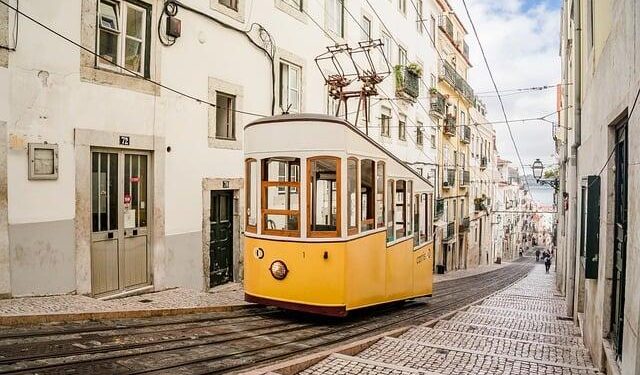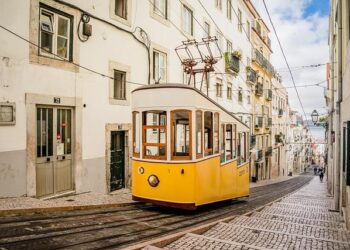In recent years, Portugal has been experiencing a remarkable transformation in the global wine arena, challenging the long-standing perception of its products as merely affordable table wines. With an remarkable array of indigenous grape varieties,innovative winemaking techniques,and a growing emphasis on quality,Portugal is not just shaking off its inexpensive reputation but is actively redefining it. As winemakers across the country focus on producing exceptional wines that express the unique terroir of their regions, the narrative around Portuguese wine is shifting in compelling ways. In this article, we explore how Portugal’s wine industry is elevating its status on the world stage, highlighting key players, emerging trends, and the implications of this exciting evolution for both consumers and enthusiasts alike.
The Evolution of Portugals Wine Industry
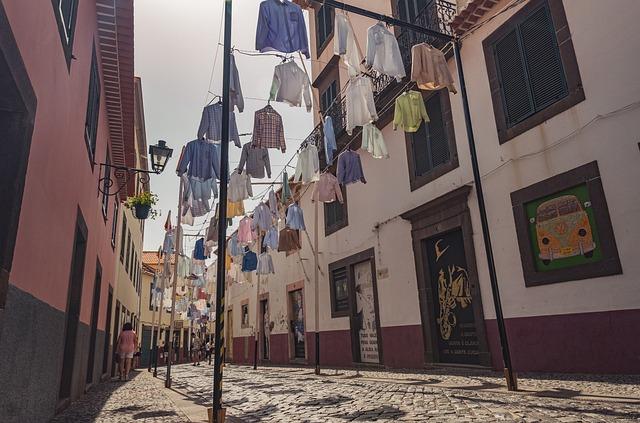
The transformation of portugal’s wine industry over recent decades has been profound, shifting from a perception anchored in affordability to one celebrating quality and distinctiveness. Once primarily recognized for its vinho Verde and fortified wines like Port, the country has embraced modern viticulture and innovative practices to cultivate a broader array of varietals. Regions such as Douro and DĂŁo are increasingly producing wines that contend with world standards, showcasing indigenous grapes like Touriga Nacional, Tinta Roriz, and Alvarinho. This evolution is not accidental; a concerted effort by winemakers to refine techniques, invest in technology, and focus on terroir is reshaping global perceptions.
Moreover, wine tourism has become a notable driver of change, inviting enthusiasts to explore Portugal’s breathtaking vineyards and taste the authenticity of its offerings. Events such as the Porto Wine Fest and the Douro Valley Wine Harvest celebrate local traditions while also promoting the artistry involved in winemaking. As the industry matures, there’s a burgeoning emphasis on sustainable practices, with many producers adopting organic and biodynamic methods. This commitment not only benefits the land but also enhances wine quality, leaving consumers eager to experience what Portugal has to offer. The tables below summarize key developments in Portugal’s evolving wine landscape:
| Year | Milestone |
|---|---|
| 1986 | Portugal joins the European Union, boosting wine exports. |
| 2000 | Modernization of winemaking technologies begins. |
| 2010 | Increased focus on organic and biodynamic viticulture. |
| 2020 | Portugal recognized for its quality wines in international competitions. |
Exploring the Diversity of Portuguese Wine Regions
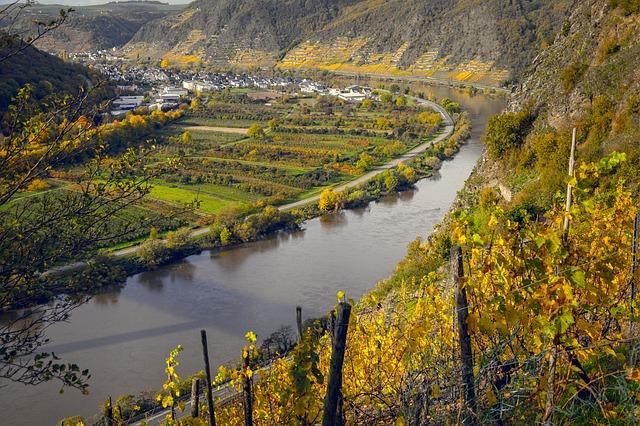
portugal’s wine regions present a remarkable tapestry of terroirs and grape varieties, contributing to an evolving narrative that is reshaping the country’s wine reputation. From the sun-soaked valleys of the Douro,famed for its Port wines,to the cooler,coastal vineyards of Vinho Verde,each area offers unique characteristics shaped by climate,soil,and traditional practices. The DĂŁo, nestled in the mountains, is known for its elegant reds made from indigenous varieties such as Touriga Nacional and Jaen, while the Alentejo region showcases robust wines with fruit-forward profiles and a blend of both native and international grapes. Emphasizing diversity, producers in more remote regions like bairrada are revitalizing traditional grape varieties such as Baga, aiming for quality-driven expressions that resonate with modern wine drinkers.
| Wine region | Key Characteristics | Typical Grape Varieties |
|---|---|---|
| Dourok | Steep terraced vineyards, river valley | Touriga Nacional, Tinta Roriz, Tinta Barroca |
| DĂŁo | Mountainous terrain, granite soils | Touriga Nacional, Jaen |
| Vinho Verde | Cool coastal climate, high acidity | Alvarinho, Loureiro |
| Alentejo | warm climate, diverse winemaking influences | Aragonez, Trincadeira, Cabernet Sauvignon |
| Bairrada | Rich clay-limestone soils, diverse microclimates | Baga, Maria Gomes |
As awareness of Portuguese wines grows, so does the commitment to sustainability and innovation within these regions. Winemakers are adopting modern techniques while respecting traditional methods, showcasing a balance between heritage and contemporary practices. Moreover, the lisboa and Tejo regions are emerging as frontiers of creativity, where experimental winemaking is taking root alongside a surge in organic and biodynamic farming. Education and tourism are also playing pivotal roles, with many winemakers opening their doors for tastings and vineyard tours that illuminate the nuances behind their craft. As these regions gain prestigious accolades on the global stage, Portugal is steadily cementing itself as a beacon of quality and diversity in the wine world.
Emphasis on Quality: The Impact of Modern Winemaking Techniques

The evolution of winemaking techniques in Portugal has played a crucial role in enhancing the quality and reputation of its wines.Embracing modernization, Portuguese winemakers have integrated innovative practices that elevate not only the production process but also the overall tasting experience. Techniques like precision viticulture, which employs technology to monitor and manage vineyard conditions, allow for a more tailored approach to grape growing, ensuring optimal ripeness and flavor. Additionally, the use of biotechnological advancements, such as fermentation control and cold stabilization, contributes to the stability and quality of the final product, allowing for a cleaner and more expressive wine profile.
Moreover,the resurgence of traditional methods,frequently enough referred to as “natural”” winemaking,combined with modern practices showcases a unique blend of heritage and progress. the commitment to quality is exemplified by a shift towards more sustainable viticulture, which includes organic and biodynamic farming.These practices not only promote biodiversity but also enhance the terroir, resulting in wines that genuinely reflect their origins. The following are some key techniques reshaping the landscape of Portuguese winemaking:
- Controlled Fermentation: Precision in temperature and yeast selection results in refined aromas.
- Minimal Intervention: A focus on low-intervention methods supports authenticity in flavor.
- Barrel Aging Innovations: Experimenting with various oak types enhances complexity.
Navigating the Global Market: Strategies for Portuguese Producers
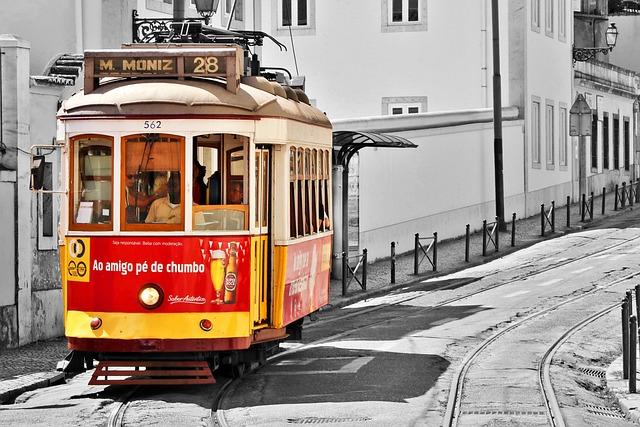
As Portuguese wine producers strive to elevate their status in the global market, they are employing a variety of innovative strategies that focus on quality and authenticity. Terroir-driven narratives are becoming increasingly important,allowing winemakers to showcase the unique characteristics of their local regions. By emphasizing native grape varietals and sustainable farming practices, these producers are cultivating a distinct identity that resonates with consumers looking for authentic, high-quality experiences. Moreover, engaging storytelling about the vineyards and winemaking process is helping to connect buyers with the passionate artisans behind the bottles.
marketing and distribution channels are also evolving to meet the demands of a competitive marketplace. By leveraging digital platforms and social media, producers can directly reach consumers and educate them about the nuances of portuguese wine. Direct-to-consumer sales models, including subscription services and virtual tastings, are gaining traction, allowing producers to build lasting relationships with wine enthusiasts around the world. Additionally, collaborations with high-end restaurants and hotels are solidifying Portugal’s presence on the global stage, transforming its image from a source of inexpensive wine to a hub of premium quality and artisanal craftsmanship.
Education and Outreach: Changing Perceptions through Consumer Engagement
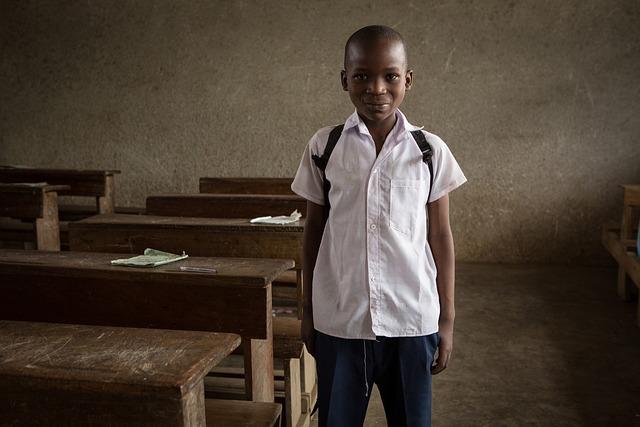
Portugal is taking significant strides to transform its wine image, particularly the preconceived notion of being a source of inexpensive wines. Through targeted education and outreach initiatives, winemakers and industry advocates are engaging consumers in innovative ways. By hosting events, tastings, and workshops, they are creating opportunities for direct interaction with both the wines and the passionate people behind them. These immersive experiences help demystify the intricacies of Portuguese wines, showcasing their unique terroirs and diverse varietals, while also fostering a deeper appreciation among consumers.
In addition to in-person engagement, digital platforms play a crucial role in reshaping perceptions. Social media campaigns, informative websites, and engaging video content bring forward stories of the winemakers and the cultural heritage of Portugal’s wine regions. This multifaceted approach not only highlights the quality and craftsmanship of Portuguese wines but also works to debunk myths surrounding their affordability. Key tactics include:
- Interactive Tastings: Virtual and in-person events that allow consumer participation.
- Storytelling: Utilizing compelling narratives to create emotional connections with the wines.
- Collaborations: Partnering with renowned chefs and influencers to amplify visibility.
To further illustrate the breadth of this initiative, let’s take a look at some of the evolving characteristics of Portuguese wines that are being highlighted through these engagement strategies:
| Wine Type | Characteristics | Notable Regions |
|---|---|---|
| Vinho Verde | Fresh, fruity, and slightly effervescent | Minho |
| DĂŁo | Complex, rich in flavor | DĂŁo |
| alentejo | Bold, full-bodied, with ripe fruit notes | Alentejo |
| Port | Sweet, fortified wine with rich flavors | Porto |
By embracing these educational and outreach approaches, Portugal is not only elevating its wine profile but also fostering a more informed consumer base eager to explore and enjoy the diversity of its offerings.
The Role of Tourism in Elevating portugals Wine Brand
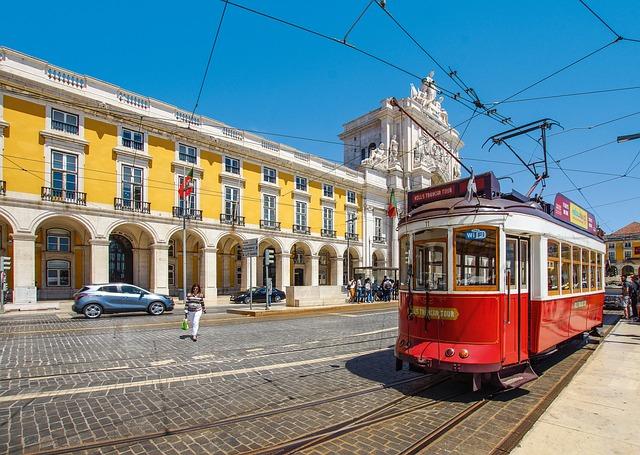
Tourism has become a pivotal force in enhancing Portugal’s wine reputation on the global stage. With its stunning landscapes, rich history, and vibrant culture, the country has emerged as a must-visit destination for wine lovers. Popular wine regions, such as the Douro Valley and Alentejo, are not only celebrated for their picturesque vineyards but also for their unique wine varieties. As visitors indulge in immersive tastings and vineyard tours, they gain a deeper appreciation for the craftsmanship that goes into Portuguese wines. This experiential approach elevates Portugal’s standing, transforming perceptions from a focus on affordability to one of quality and authenticity.
The surge in wine tourism has also fueled a collaborative surroundings among local producers. Many wineries have begun investing in state-of-the-art facilities and innovative marketing strategies to attract more visitors. This synergy creates an ecosystem where both the tourism and wine sectors thrive. Additionally, the rise of events such as wine festivals and regional competitions showcases the excellence of Portuguese wines.These events allow producers to engage with both tourists and industry experts, resulting in valuable exposure and constructive feedback. As an inevitable result, Portugal’s wine narrative continues to evolve, encouraging more consumers to explore and savor what this vibrant nation has to offer.
Concluding Remarks
As Portugal continues to redefine its position in the global wine landscape, the shift from a reputation rooted in affordability to one characterized by quality and craftsmanship is becoming increasingly evident. The country’s diverse terroirs, innovative winemaking techniques, and a commitment to sustainability set the stage for a new chapter in Portuguese wine.As consumers and industry stakeholders alike recognize the value and depth of Portuguese offerings, the narrative surrounding its wines is evolving. This transformation not only celebrates the rich cultural heritage of Portugal but also positions it as a serious player in the international wine market. As enthusiasts explore these dynamic wines, the future looks promising for Portugal—a land where tradition meets modernity, ultimately reshaping perceptions and expectations on a global scale.


